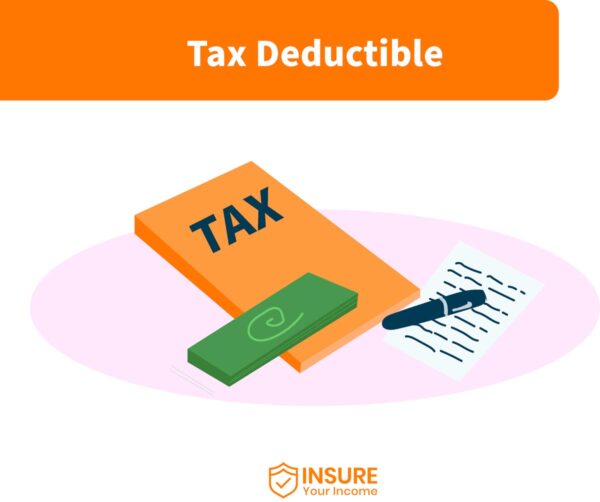Income protection insurance is one of those life cover products that most people don’t think about until they need it. But when you have an income protection policy in place, you’ll know that you’re protected financially if something unexpected happens to your ability to work. In this article we’ll explain what income protection is, why it’s so important and how much cover you need in order to be covered for the long term financial security.
What is Income Protection?
Income protection is a type of insurance that covers your income if you are unable to work due to illness or injury. It can pay out a lump sum or monthly income to help you meet your financial commitments, such as mortgage payments, bills and household expenses.
Income protection policies come in different forms: some offer upfront lump sum payments; others pay out over time via monthly instalments; while still others allow for both options. Some policies will also cover long-term care costs too – which can include things like home help services after an accident or illness affects mobility, as well as nursing home fees if they become necessary later down the line.
Should you buy an income protection policy?
Income protection is a form of insurance that pays out if you’re unable to work. It’s not a substitute for savings, and it isn’t right for everyone.
Income protection can be a good idea if you have a high income and want to protect yourself against illness or injury that prevents you from working. If this sounds like you, read on!
If your income is low or uncertain (for example because of self-employment), then income protection may not be appropriate as it could result in higher premiums than necessary being paid over time because of the risk associated with those types of circumstances.
How does income protection compare to a life insurance policy?
Income protection is often confused with life insurance, but it’s actually quite different.
Life insurance pays a lump sum to your beneficiaries if you die. Income protection pays a monthly income if you are unable to work for a period of time because of illness or injury.
You can buy income protection without buying life insurance and vice versa – so there are two main questions that will help determine which type of policy is right for you:
How much cover do I need?
To calculate how much cover you need, it’s important to figure out how much your income would be if you were unable to work. For example, if your monthly salary is $5,000 and you worked for an average of 12 months per year, then your annual income would be $60,000.
Once you’ve calculated the cost of an income protection policy (or life insurance), use this information to decide whether or not it meets your needs. If it doesn’t seem like enough protection for the level of risk involved in being unable to work due to illness or injury–and remember that everyone has different financial commitments–it might be worth looking at other types of policies such as critical illness cover or trauma insurance instead!
Income protection is an essential part of your financial plan.
Income protection is a type of insurance that provides a fixed monthly income if you’re unable to work due to illness or injury.
Is income protection tax deductible: It can be tax deductible, so it’s worth considering how much cover you need and how long your policy should last.
Conclusion
If you’re looking for a way to protect yourself and your family’s financial future, it’s worth taking some time to consider income protection. It can be an important part of your overall financial plan, helping you safeguard against illness or injury and giving peace of mind that your bills will be covered if anything happens.



